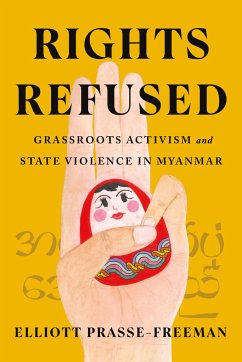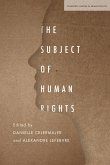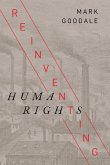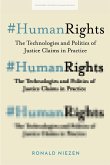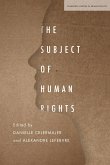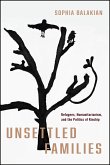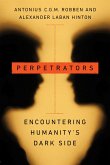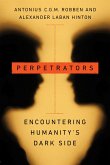"For decades, the outside world mostly knew Myanmar as the site of a valiant human rights struggle against an oppressive military regime, predominantly through the figure of Nobel Peace Prize winner Aung San Suu Kyi. And yet, a closer look at Burmese activism and grassroots sentiments reveals a significant schism between elite human rights cosmopolitans and subaltern Burmese subjects maneuvering under brutal and negligent governance. These divergences became starkly apparent during Burma's much-lauded, decade-long "transition" from military rule that began in 2011, a period of massive and rapid political and economic change that saw an explosion of activism around social causes like education reform, environmental protection, and land reclamation. As one Burmese activist remarked: "We are in the time of protests." How do people conduct politics when they lack the legally and symbolically stabilizing force of "rights" to guarantee their incursions against injustice? In this book, Elliott Prasse-Freeman documents grassroots political activists who advocate for workers and peasants across Burma, covering not only the so-called "democratic transition" from 2011-2021, but also the February 2021 military coup that ended that experiment and the ongoing mass uprising against the coup. Taking the reader from protest camps, to flop houses, to prisons, and presenting practices as varied as courtroom immolation, occult cursing ceremonies, and land reoccupations, Rights Refused shows how Burmese subaltern politics compel us to reconsider how rights frameworks operate everywhere"--
Hinweis: Dieser Artikel kann nur an eine deutsche Lieferadresse ausgeliefert werden.
Hinweis: Dieser Artikel kann nur an eine deutsche Lieferadresse ausgeliefert werden.

